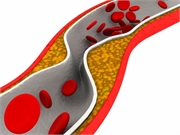
Calling 911 for a friend or family member in need can be a scary experience. But being prepared for a medical emergency can help both you and the person in need, says StrokeSmart. It mentions these do’s and don’ts while waiting for an ambulance: Do tell the 911 operator where you are. Do stay on… read on >




























